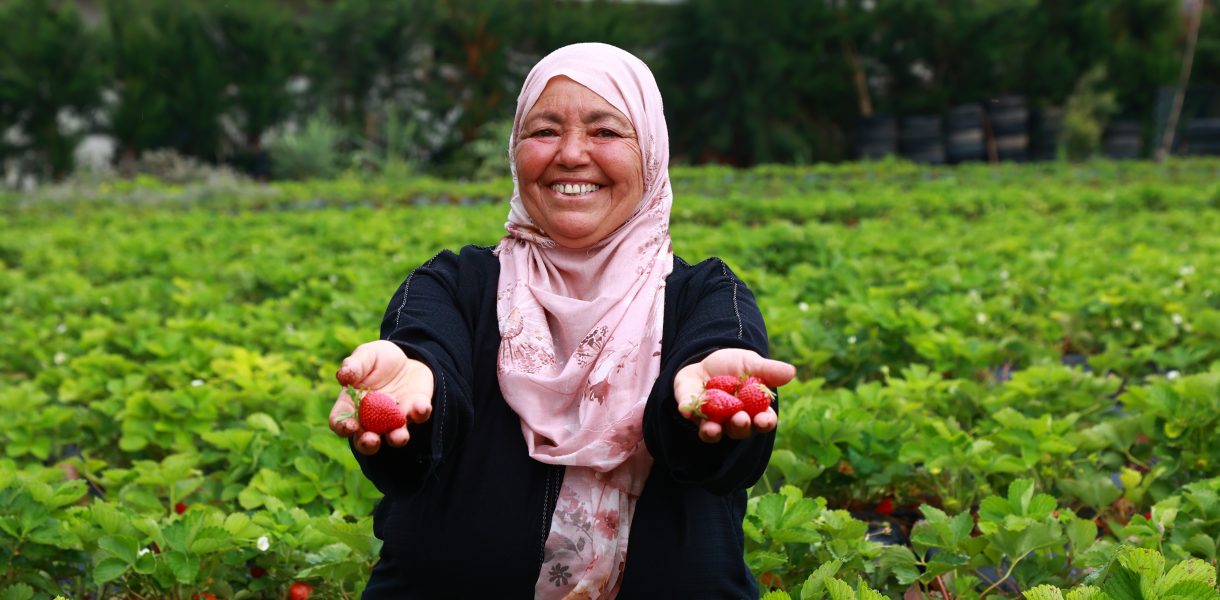In an world marked by social fragmentation, ecological imbalance, and the weakening of community ties, social farming quietly emerges as a transformative response. It is more than a method of cultivating the soil; it is a way of cultivating humanity fostering dignity, solidarity, and resilience. Through this approach, farms transcend their role as mere production sites. They become spaces of care and learning, bridges between nature and society, and catalysts for inclusion.
What Exactly Is Social Farming?
Known internationally as care farming or green care, social farming combines traditional agricultural work with social services and therapeutic activities. It creates opportunities for those who are often left behind in society, offering a sense of purpose and belonging to:
- People with physical or mental disabilities
- Individuals recovering from addiction
- Migrants, ex-convicts, or the long-term unemployed
- Children, the elderly, and anyone at risk of isolation
What makes social farming unique is its flexibility and adaptability. It resists rigid definitions because it grows differently in every community. At its heart, however, lies a shared philosophy: solidarity, connection to nature, and collective well-being.
A Mediterranean Soul: Ancient Values, Modern Impact
While industrial agriculture often prioritizes quantity over quality and profit over people, social farming embodies values deeply rooted in Mediterranean culture—values that have endured across centuries:
- Relationality: placing relationships and community bonds at the center of agricultural life
- Multifunctionality: transforming farms into social, cultural, and educational spaces, not just economic units
- Diversity: embracing polyculture, multiple activities, and resilience in harmony with the environment
In many Italian rural areas, especially isolated mountain villages where public services are scarce, social farms have become vital anchors of community life. They fill gaps left by the welfare system, revitalize local economies, and, above all, reconnect people to the land and to one another.
Why Social Farming Matters More Than Ever
Today’s rural areas face profound challenges: depopulation, aging communities, and the erosion of public support systems. Social farming steps into this void, becoming a new kind of welfare, one rooted in proximity, relationships, and sustainability.
These farms often serve as:
- Safe spaces for informal care and support
- Platforms for inclusive education and job training
- Cultural and social meeting points
- Engines of local economic and social revival
From Therapy to Education: What Happens on a Social Farm
Social farms are as diverse as the communities they serve. Typical activities include:
- Inclusion & Employment – offering vocational training, apprenticeships, and job opportunities for marginalized groups
- Therapeutic Practices – from horticultural therapy to animal-assisted interventions, helping people heal through nature
- Educational Programs – farm-based learning for children, schools, and youth initiatives
- Community Services – elder care, shared meals, cultural events, rural tourism
- Social Justice Projects – rehabilitation programs for prisoners or farming initiatives on land confiscated from organized crime
Through these initiatives, farms become living classrooms, healing gardens, and community hubs, blurring the line between agriculture and social care.
A Global Movement with Local Roots
Although Italy is witnessing a remarkable rise in social farming, the concept has deep international connections:
- The Netherlands has a robust network of care farms supported by public policy.
- France links organic farming with long-term social reintegration programs.
- Scandinavian countries pioneered educational farms and therapeutic agriculture.
- The United States has a long history of animal-assisted therapy and nature-based rehabilitation dating back to the 18th century.
Each country adapts social farming to its own social fabric, but the core idea remains the same: the land can heal both nature and people.
Beyond Commodities: A Future Rooted in Community
At a time when industrial agriculture faces criticism for environmental damage and social alienation, social farming offers a values-based alternative. It reconnects people with the rhythms of the land, preserves local traditions, and promotes inclusive, sustainable living.
Social farming is not just about growing food, it’s about growing communities. It is a reminder that agriculture can nourish more than bodies; it can also nourish souls, relationships, and hope.






